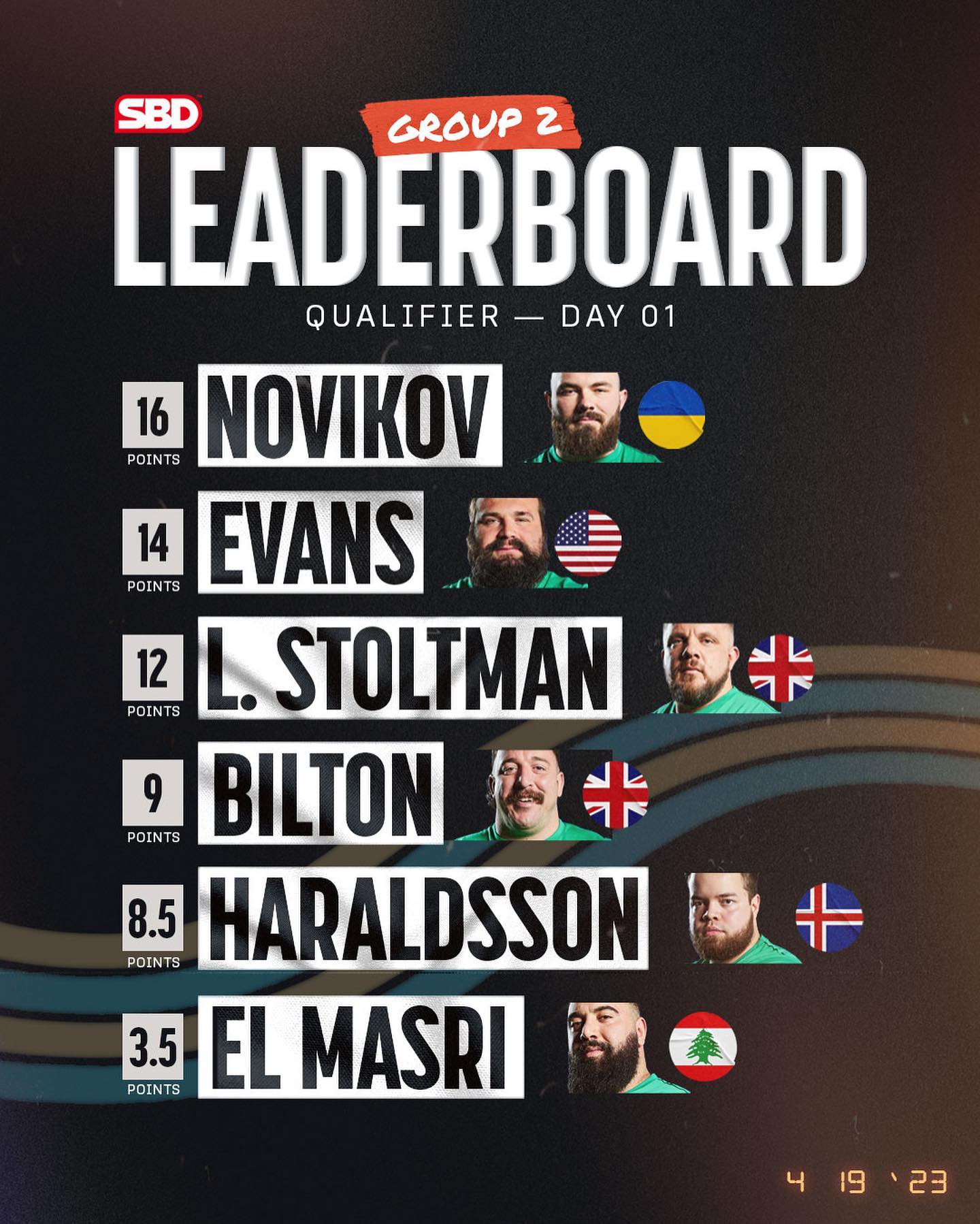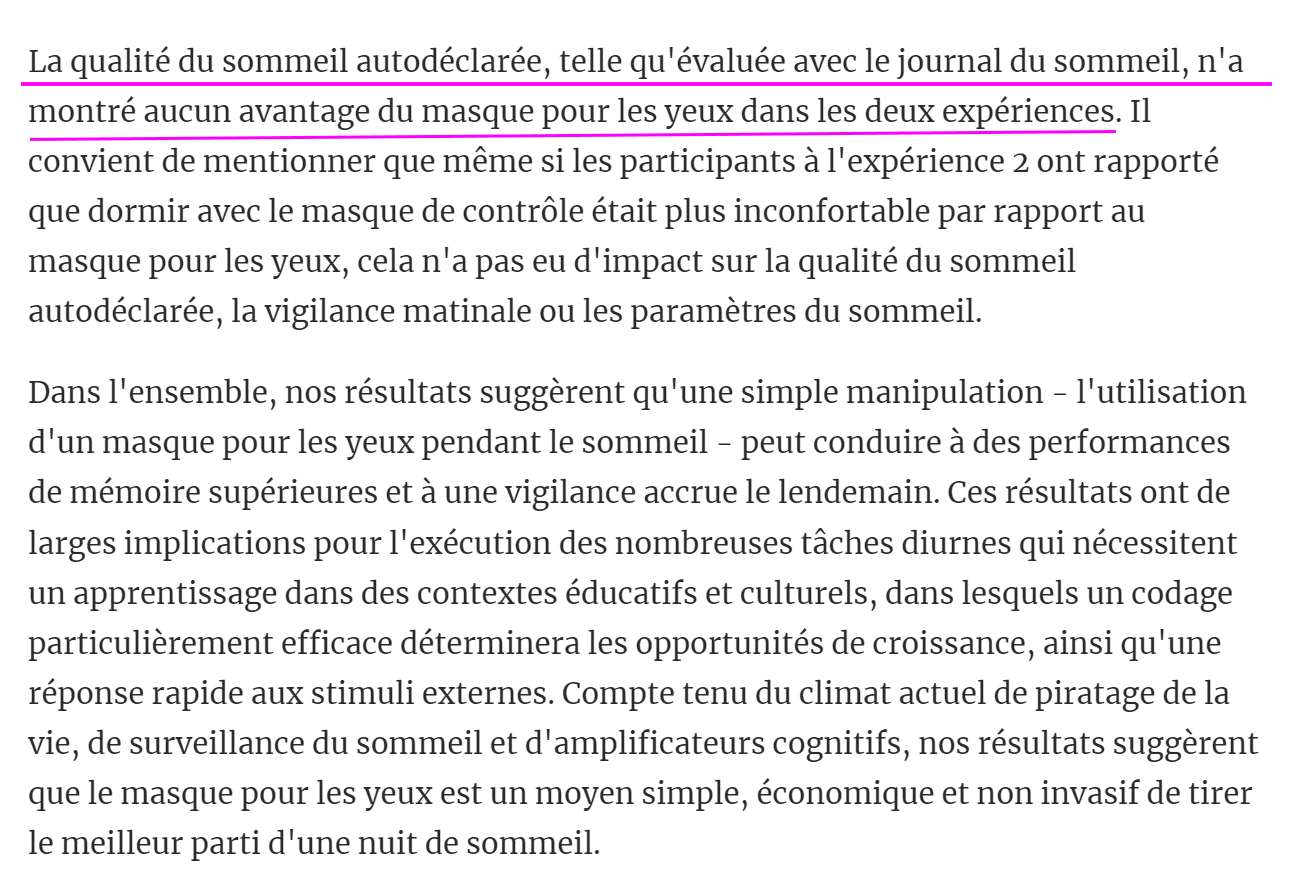Poor sleep is associated with small hippocampal subfields in cognitively normal elderly individuals
Che Liu Journal of Sleep Research 05 May 2021
Recent studies demonstrated reduced hippocampal volumes in elderly healthy individuals who are cognitively normal but poor sleepers. The association between sleep quality and the pattern of volume loss across hippocampal subfields (HSs) is not well known. Thus, it is the focus of the present study. Sleep quality was self‐assessed using the Pittsburgh Sleep Quality Index (PSQI). The HS volumes were measured using sub‐millimetre in‐plane resolution T2‐weighted magnetic resonance imaging data. A total of 67 cognitively normal elderly individuals aged 60–83 years were classified into 30 normal sleepers with a PSQI <5 and 37 poor sleepers with a PSQI ≥5. The two groups were equivalent in age, gender distribution, ethnicity, education attainment, handedness and cognitive performance. Compared to normal sleepers, poor sleepers exhibited significantly lower normalised volumes in the left cornu ammonis field 1 (CA1), dentate gyrus (DG) and subiculum. In contrast, there were no significant differences in normalised grey and white matter volumes between the two groups. The global PSQI was negatively associated with the normalised volumes of the left CA1, DG and subiculum. Sleep duration was associated with the normalised volumes of the bilateral CA1, DG, left CA2 and subiculum. Verbal memory scores were associated with the left CA1 volume. In conclusion, poor sleep quality, especially insufficient sleep duration, was associated with volume loss in several HSs that are involved in specific learning and memory tasks. As the hippocampus does not regulate sleep, it is more likely that poor sleep leads to small hippocampi. Thus, based on this assumption, improving sleep quality of poor sleeper elderly individuals could benefit hippocampal health.















